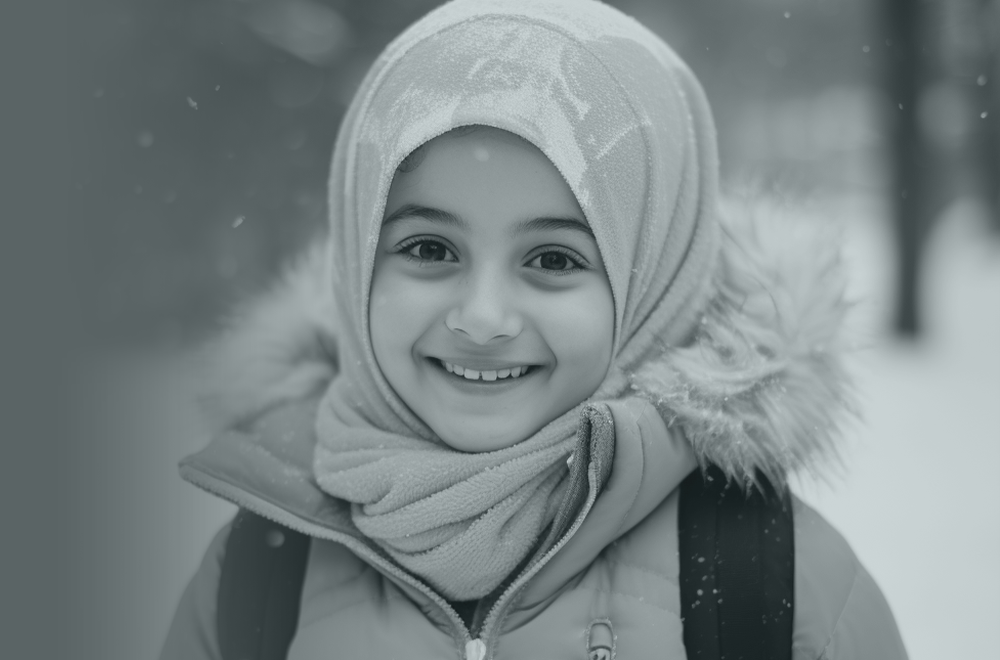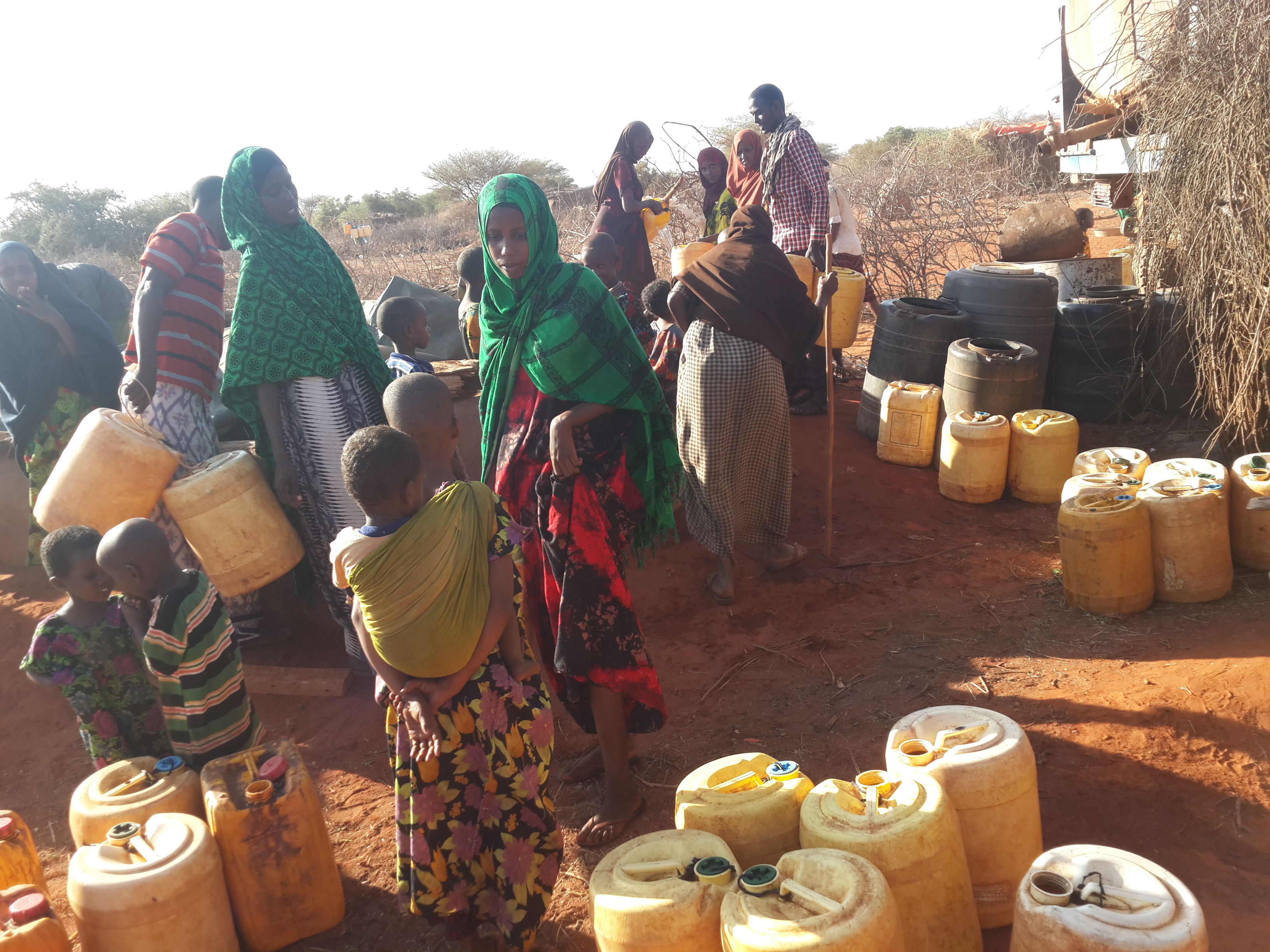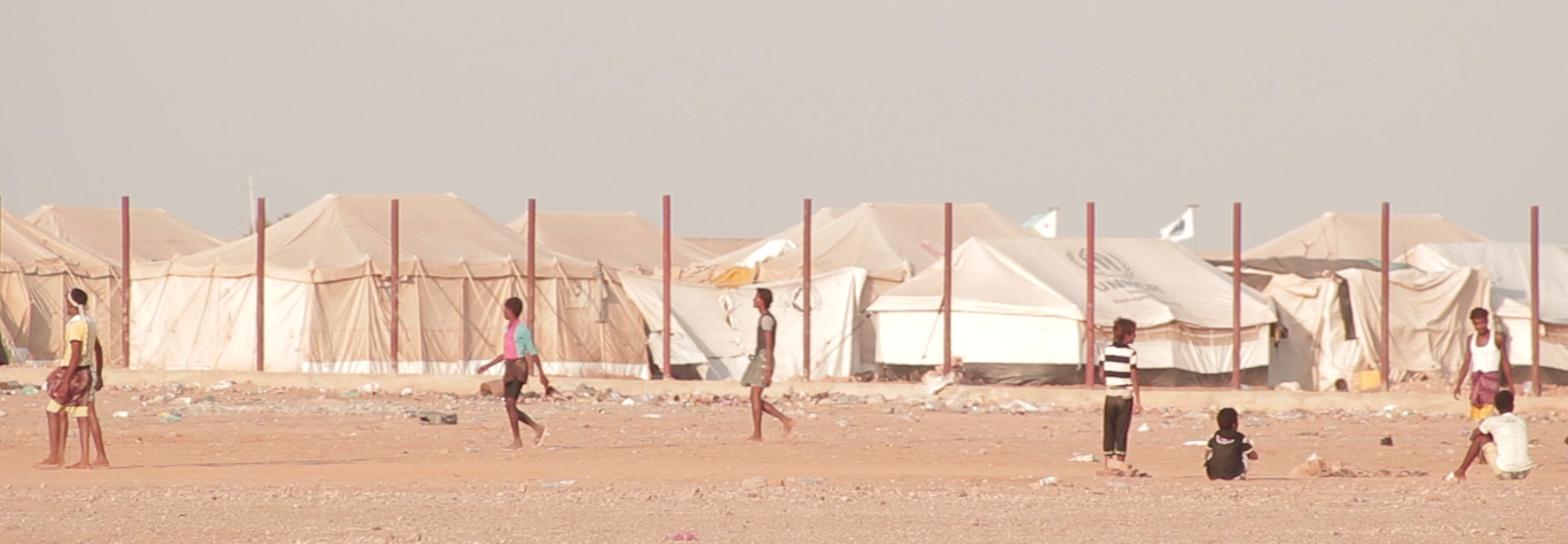
Atiya Sumar, originally from Dar-es-Salaam and now based in London, was appointed by the organisation to work alongside the Yemen Core team as the Re-settlement Officer. She joined in July 2015 and played an integral role in the re-settlement of the Yemeni Momineen whose lives were shattered by civil war.
Last week I attended a graduation at the School of Oriental and African Studies. One of the speakers at the function was Dr Barbara Harrell-Bond, an expert in the field of refugee studies. She founded the Refugee Studies Centre at the University of Oxford and now promotes legal assistance for refugees around the world. During her speech, she said saving families from drowning or setting up shelters for them once they crossed the Mediterranean would be counted as a lesser degree of humanitarian aid. The correct humanitarian thing to do in such situations would be to transport families who were at risk to safe territory. What she said next left me dumbstruck. She said she has yet to come across an organisation that had actually rescued people from war zones and transported them to a safe haven.
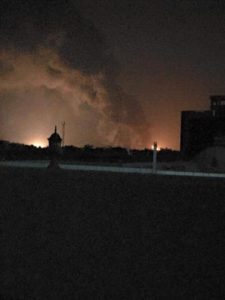 That got me thinking. Mammoth organisations with substantial resources had not done what a small community organisation with minimal resources had managed to do; a rescue and resettlement of 467 people. Do we as a community have something more potent than financial and physical resources that allowed us to accomplish a task of this magnitude? In pursuit of an answer, I decided to talk to some of the people who were actively involved in the early stages of the operation.
That got me thinking. Mammoth organisations with substantial resources had not done what a small community organisation with minimal resources had managed to do; a rescue and resettlement of 467 people. Do we as a community have something more potent than financial and physical resources that allowed us to accomplish a task of this magnitude? In pursuit of an answer, I decided to talk to some of the people who were actively involved in the early stages of the operation.
It all started in March 2015 when the leaders of The World Federation started receiving calls from our community members in Yemen saying that the situation on the ground was getting worse and they feared for their lives. Immediately The World Federation started putting measures in place in case of a rescue operation. We sent one of our staff to a major international charity headquarters to get some legal insight. We also immediately started writing to international NGOs’, UN organisations and governments. In a couple of weeks, the situation in Yemen deteriorated to such an extent that there was no option but to rescue our community members who were prime targets because of their faith and their reluctance to take sides in this conflict.
As we prepared for this massive undertaking, what started out with just 3 people ended up with having 200 volunteers from our communities all over the world. As word spread that The World Federation was planning an evacuation, emails and phone calls started pouring in from people, old and young, male and female wishing to help in whatever way they could. Influential community members were willing to pull strings and use their contacts in order to save lives. Philanthropists were ready with their chequebooks, donating hundreds of thousands of pounds without skipping a heartbeat.
The World Federation office in Stanmore had become the crisis centre, where there were staff working round the clock, monitoring the situation in Yemen, guiding the people in Yemen on what to do next and attending phone calls from worried family members of the Yemeni community. We had a mini crisis centre set up in the Middle East as well, due to its proximity to Yemen. A team of philanthropists and volunteers convened there twice daily working closely with the London office.
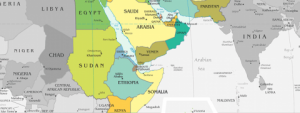 It is so easy to write about this now. Can you imagine the Al Qaeda checkpoints every few kilometres and our Shia brethren on those buses being questioned about their faith at every checkpoint? Or can you imagine fleeing from your home unable to take anything of value because bombs were going off just outside your door? Can you imagine how challenging it must have been to transport 467 people from different parts of Yemen to one point and then take them to Djibouti via boat on a 36-hour journey while coordinating the whole process remotely?
It is so easy to write about this now. Can you imagine the Al Qaeda checkpoints every few kilometres and our Shia brethren on those buses being questioned about their faith at every checkpoint? Or can you imagine fleeing from your home unable to take anything of value because bombs were going off just outside your door? Can you imagine how challenging it must have been to transport 467 people from different parts of Yemen to one point and then take them to Djibouti via boat on a 36-hour journey while coordinating the whole process remotely?
Community members from all over the world flew into Djibouti, to set up camp for the refugees, to ensure that they had all basic necessities but more so to assure them of our support. There were doctors, nurses and psychiatrists among them, all having left their families, jobs and the comfort of their homes to serve those who needed their assistance the most.
By 16th April, 252 victimised and destitute individuals had reached Hodeida and were kept in temporary accommodation.
On the 21st of April 2015, the first Sambuk left the shores of Djibouti, with a team of 6 volunteers equipped with life jackets, food, water and medicines. After 30 hours at sea, they reached the port of Hodeida where 252 people fleeing persecution were waiting for them.
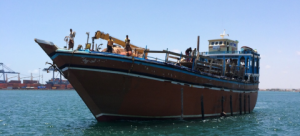 Explaining the unthinkable choices refugees must take, Warsan Shire writes:
Explaining the unthinkable choices refugees must take, Warsan Shire writes:
You have to understand
that no one puts their children in a boat
unless the water is safer than the land
The volunteers, exhausted themselves because of the long journey settled the refugees on board and immediately set sail for Djibouti which was 36 hours by sea. Upon reaching Djibouti on 25th April, there was an army of volunteers waiting to provide comfort and relief to these refugees.
After the success of the first mission, a second evacuation was conducted beginning 10th May 2015 where a further 204 community members were evacuated from different cities in Yemen and transported to Hodeida. On 20th May, the Sambuk once again left Djibouti with a team of 7 volunteers and managed to bring these refugees to safety on 24th May.
Time and again, we have been commended for our resourcefulness and being extremely well organised. Once again, it is these two strengths we possess as a community that were instrumental in the success of the mission. The Regional Federations asked The World Federation to make a crisis team and signed MoUs of support at very short notice to install the then Secretary General, Shan e Abbas Hassam as the Lead on Yemen, who then worked with Councillors from different parts of the world.
 Djibouti was unknown territory. So The World Federation sent one of its staff members to Djibouti for 2 weeks to survey the place, set up procedures, get Prima Facie refugee status for the refugees and help them settle. He ended up staying there 9 months straight.
Djibouti was unknown territory. So The World Federation sent one of its staff members to Djibouti for 2 weeks to survey the place, set up procedures, get Prima Facie refugee status for the refugees and help them settle. He ended up staying there 9 months straight.
Coming back to my question: Do we as a community have something more potent than financial and physical resources that allowed us to accomplish a task of this magnitude?
Yes, we do! We have the indomitable will to come together for a worthy cause, leaving aside our differences. We have the resilience to push every barrier and overcome every obstacle in order to serve the needy. We have amongst us the lion-hearted who are willing to take great risks to fight oppression and injustice. We have the bigheartedness to spend our hard earned money towards the upliftment of our community. But most of all we have a community which looks out for each other; which has realised its responsibility towards each other and society in general. We have taken on the legacy of our forefathers; the legacy of resoluteness in the face of adversity, standing united in the wake of challenges and harnessing religious teachings to serve humanity.



